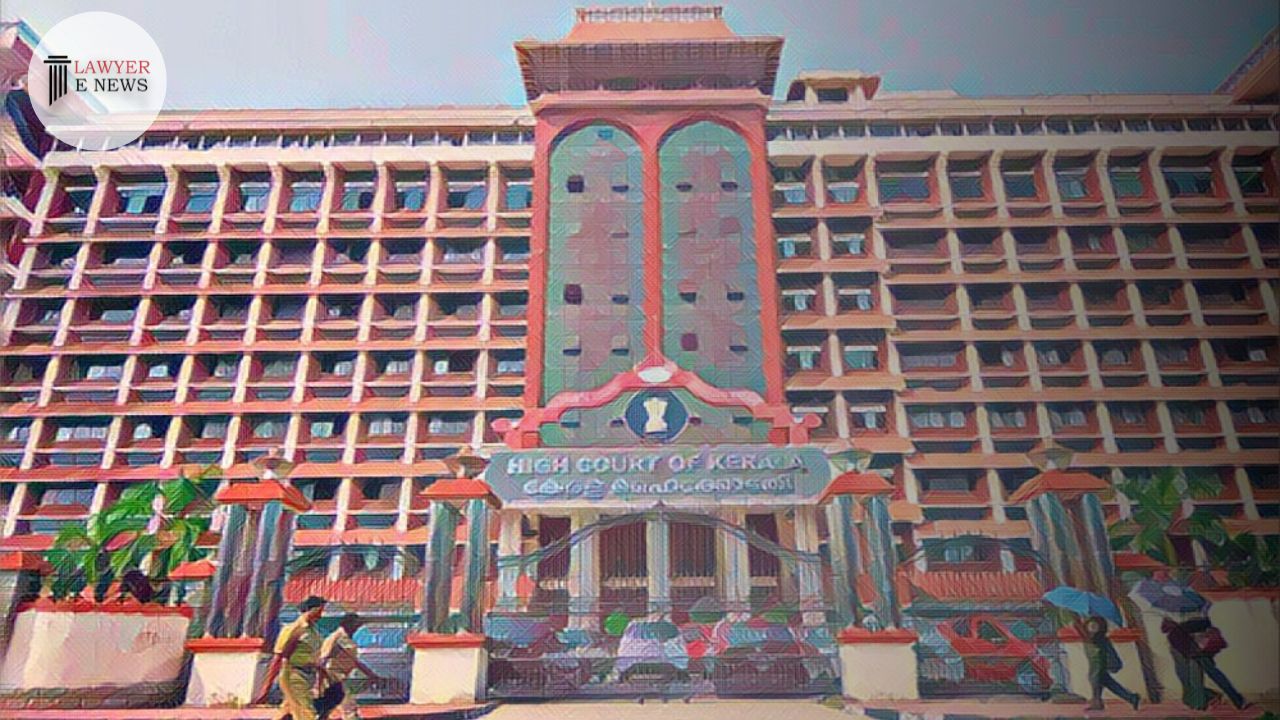-
by Admin
15 February 2026 5:35 AM



High Court invalidates OSRTC’s compulsory retirement order, citing violations of natural justice and procedural lapses.
The Orissa High Court has annulled the compulsory retirement order issued to Basanta Kumar Mishra by the Orissa State Road Transport Corporation (OSRTC). The judgment, pronounced by Justice Dr. S.K. Panigrahi, identified multiple violations of natural justice and procedural inconsistencies in the disciplinary proceedings against Mishra. The Court’s decision underscores the importance of fair inquiry practices and adherence to principles of natural justice in administrative actions.
Basanta Kumar Mishra, who joined OSRTC in 1982 and rose to the position of District Transport Manager (DTM), was subjected to disciplinary action following a bus accident in 2004. The disciplinary authority initially imposed a compulsory retirement order on Mishra on July 25, 2005, along with a penalty for the financial loss incurred by the Corporation. Mishra contested the order, arguing that the disciplinary proceedings were marred by procedural irregularities and denial of natural justice, leading to a prolonged legal battle culminating in this judgment.
Justice Panigrahi noted that the second disciplinary inquiry initiated by OSRTC was unlawful and void. “A second inquiry on the same allegations is impermissible under law if the first inquiry has decided the allegations on merits,” he stated, referencing established legal principles.
The Court emphasized the critical role of cross-examination in ensuring a fair trial. Mishra was denied the opportunity to cross-examine key witnesses during the second inquiry. “Opportunity to cross-examine the witnesses is a fundamental requirement to meet the principles of natural justice,” the judgment highlighted, citing several precedents supporting this view.
The decision-making process was also scrutinized, with the Court observing that the final decision on Mishra’s appeal was made by members who had not personally heard him. “If one person hears and another decides, then personal hearing becomes an empty formality,” Justice Panigrahi remarked, underscoring the necessity for the same authority to conduct the hearing and pass the decision.
The Court was critical of the 14-year delay in completing the disciplinary proceedings, attributing the delay to the respondent’s inaction. This protracted process caused significant prejudice to Mishra, including mental distress and financial loss. “The inordinate delay in concluding the inquiry has inflicted significant prejudice upon the petitioner,” the judgment noted.
The judgment extensively discussed the principles of natural justice and procedural fairness in disciplinary proceedings. It reiterated that a second inquiry is not permissible if the first inquiry has been decided on merits, and emphasized the importance of allowing cross-examination and ensuring that the authority hearing the case also makes the decision.
Justice Panigrahi stated, “A second inquiry is not permissible in law on the identical allegations if the first inquiry has decided the allegations on merits.” He further remarked, “Opportunity to cross-examine the witnesses is the fundamental requirement to meet the principles of natural justice.”
The Orissa High Court’s judgment nullifying the compulsory retirement order against Basanta Kumar Mishra highlights the judiciary’s commitment to upholding principles of natural justice and fair inquiry. By setting aside the disciplinary actions due to procedural lapses and delays, the judgment reinforces the legal framework governing administrative proceedings and sends a strong message about the necessity for transparency and fairness in such actions.
Date of Decision: July 16, 2024
Basanta Kumar Mishra vs. The Orissa State Road Transport Corporation (OSRTC)
